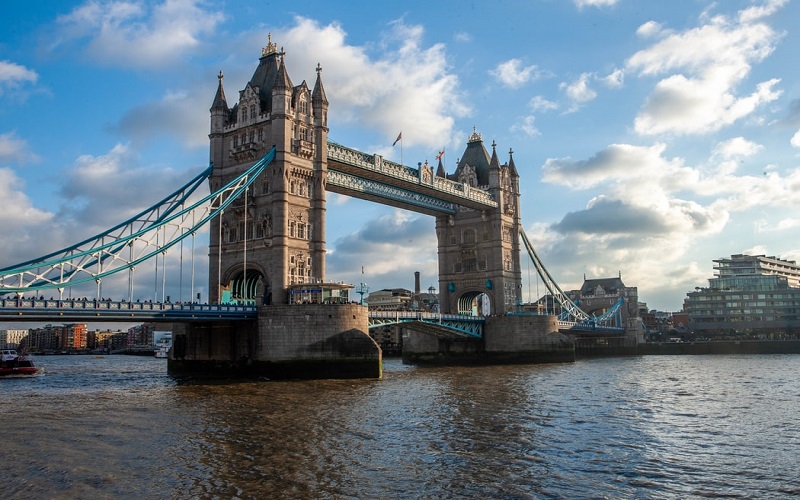
16 Jun UK Ancestry scheme explained
The UK Ancestry route allows Commonwealth citizens, who can show that they have a grandparent born in the UK or Islands, to live and work in the UK.
Please note that individuals must be aged 17 years or older, and they must be able to and intend to work in the UK. This includes any kind of work, at any skill level, such as full-time or part-time work, self-employment or voluntary work.
Supporting documents of the UK Ancestry visa application
In order to apply for a UK Ancestry visa, individuals will need to submit the following supporting documents:
- The migrant’s full birth certificate showing the name of both of their parents;
- The full birth certificate of the parent through whom the applicant is claiming a UK ancestry link;
- The birth certificate of the relevant grandparent showing that they were born in the UK or islands;
- Legal adoption papers if the individual or the individual’s relevant parent was adopted;
- Marriage certificate or civil partnership certificate or deed poll if the applicant, their parent or grandparent has changed their name since birth;
- Evidence of meeting the financial requirement.
In addition, migrants will also need to provide evidence that they are either already working or self-employed in the UK or they are able to work and intend to seek and take employment in the UK.
If the migrant is working for an employer (including as a voluntary worker), he/she will need to provide:
- An official letter issued by their employer which confirms how long he/she has been working for them and he/she will continue in his/her current job with that employer, and
- One of the following (unless they are doing voluntary work):
- The migrant’s most recent payslip issued by the employer named on the letter;
- The applicant’s most recent bank statement or building society passbook, if this clearly shows recent receipt of wages from the employer named on the letter;
- The individual’s most recent P60 (if issued within the 31 days before the application).
ILR application as a UK Ancestry migrant
Migrants might be able to apply for Indefinite Leave to Remain (ILR) once they have resided in the UK for a continuous 5 years under the UK Ancestry scheme.
Unlike some other routes, there is no requirement for the applicant’s most recent grant of permission to have been under the UK Ancestry scheme. Individuals can rely on historical 5-year periods of permission as a UK Ancestry migrant to qualify Settlement, even if they have since been granted permission on another route.
However, migrants will need to meet the continuous residence requirement, and they must count backwards from the date their previous UK Ancestry permission expired.
Contact Our Immigration Team
For expert advice regarding any aspect of the UK visa application, please contact our immigration team on 0203 384 3075.
